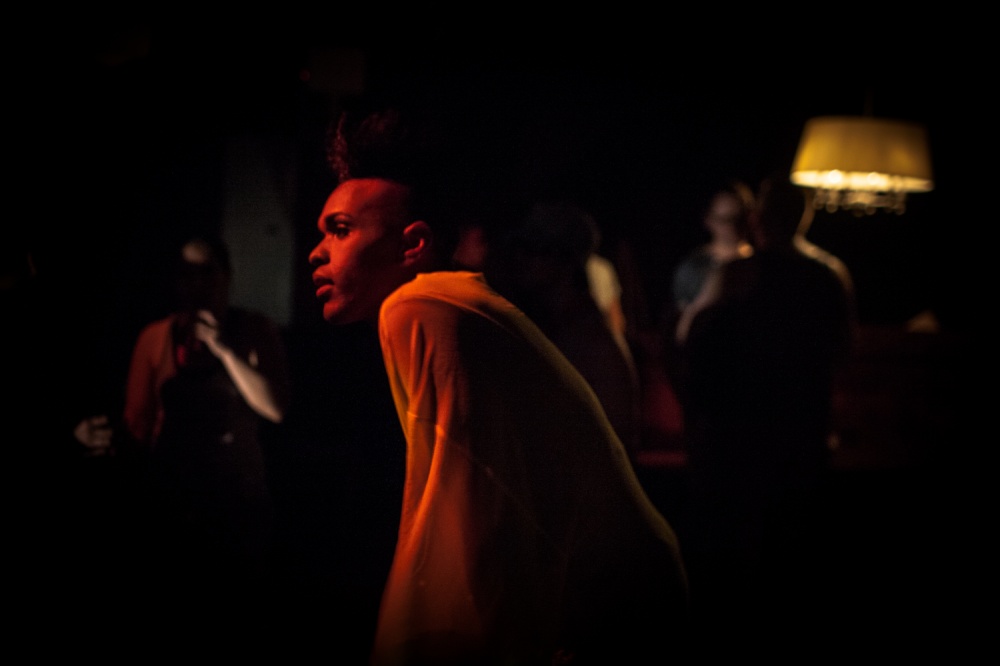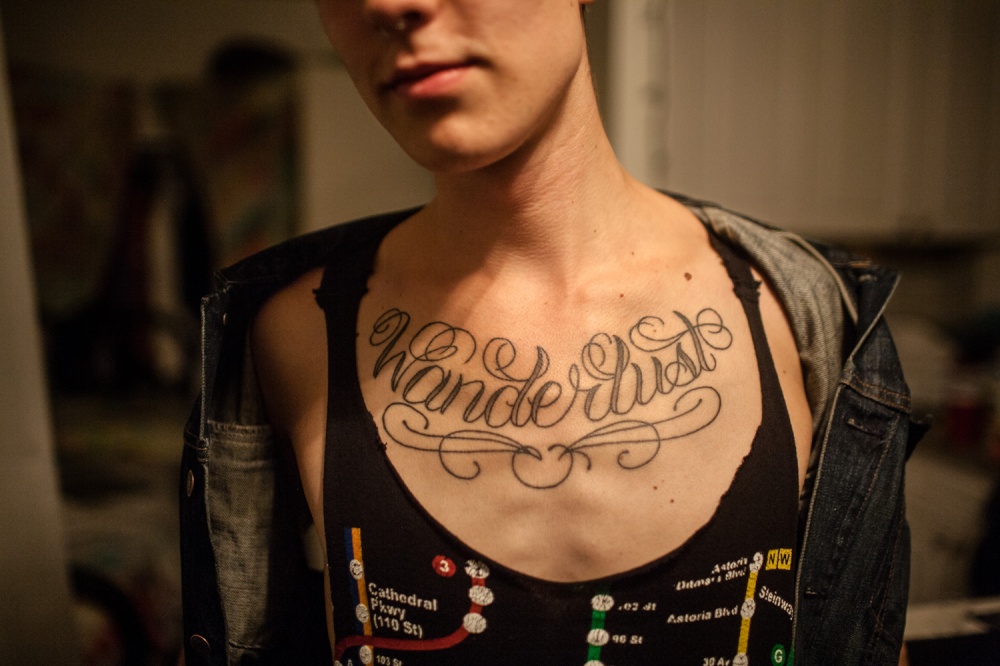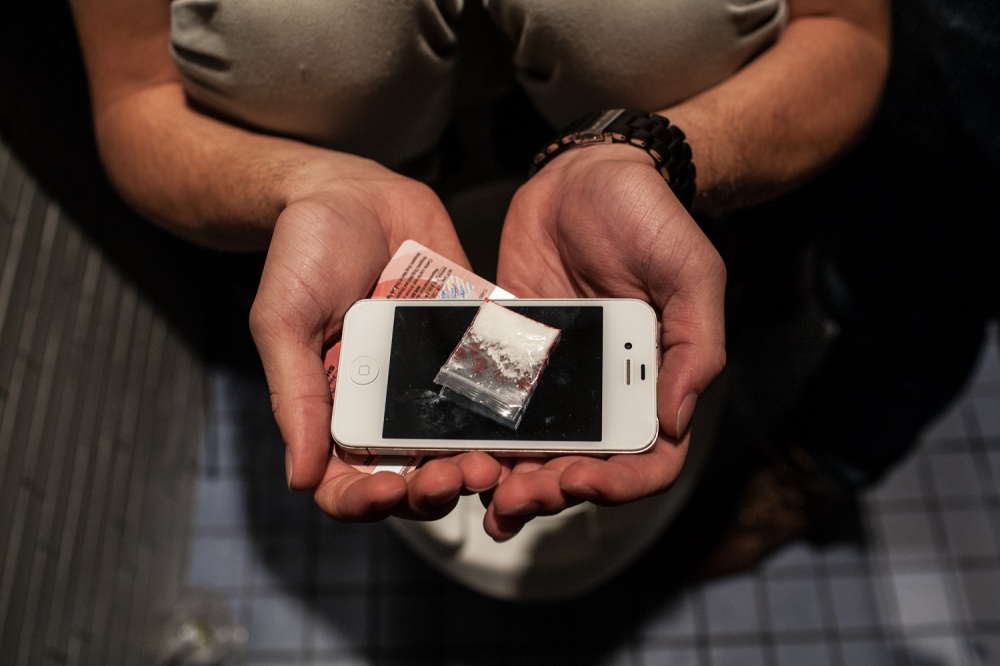When you get off the elevator on the 24th floor penthouse on Church Street, you can feel the vibrations in the hallway. Reverberations from the bass ripple out from the left doorway down the hall, leaving no question as to where the pre-game is taking place.
Walking down the short corridor to that door became my transition into the world of a group of club kids navigating Toronto’s gay party scene.
“It was like a mini-Neverland. Swear to god. You could fly, you could be whoever you wanted for five hours. That’s what I did. I played dress up. I played make believe,” says Matt Barker, one of many who accepted me and my camera into their world for almost two years.
Lost Boys, my resulting photo series, follows their attempts at self-discovery while engrossed in their fantasy - and the cracks that inevitably appeared within it.
Drugs, sex, and music were all avenues to find, express, and lose one self, I was told in a series of hour-long interviews with Matt, Adam Jonathan, Spencer V. and Princess Kate after two years, countless parties and broken relationships. These were the avenues that defined, albeit sometimes superficially, their ideas of community and friendship.
Back at the pre-game, a Rihanna techno remix blasts from one of many YouTube playlists. People are still a little cold, a little stiff. Some discreetly make their way into a bedroom to do some coke, others go to the balcony to have a smoke and send texts, while most stay in the kitchen drinking strong vodka mixes.
“People want to make the parties sound bigger than they are, better than they are,” says Adam Jonathan, describing what he calls “ a lot of fantasy.”
People filter in over the next hour, repeating the hellos and hugs. The flirting is subtle; it’s part of a slow, alcohol-induced thaw of the apartment. The conversation is littered with compliments on shoes and clothes, and it’s often “not very masculine,” Adam says. “With that, there is a certain image to fit, I feel…. when you don’t fit that image, we are not the nicest to welcome you and try to help you fit the image.”
These expectations made it hard for the club kids to reconcile personal identity with pervasive group ideals steeped in escapism, addiction, worship, and image.
“That’s the one thing I hate about being gay,” Matt says. “Everything you do has to be gay. Everything.”
That includes substances, Matt says. “Every club kid that’s in my club kid family has a problem. Mental, physical, you know, addicted to stuff, you know, and that’s the glue. If you are too perfect, you don’t fit in with us.”
As departure time for the club approaches, the energy level continues to climb. Timing for when to drop MDMA is discussed to ensure that the high hits while in the club, and not a moment before. The dustings left in tiny coke bags are rubbed into the gums and a final cigarette is power smoked before heading down to the cab.
“The negative is the drama. When everyone’s drunk they’re not thinking straight. Things happen more dramatically and if you are indulging in drugs, it’s just even worse. You just become more of not who you actually are,” says Spencer V.
Yet this is what they have been looking forward for the past two days – when the last party ended. It's all part of the fantasy of being a normal person who gets to go out for free, gets free bottle service, Spencer says.
"You feel on top of the world, at that point, because you are in the most popular club in Toronto at the time, drinking for free with a bunch people that are famous for going out," Spencer says.
For them, Church Street, the main street in the “gaybourhood” where most of these photos take place, is no longer the anchor that it once was. “Now gays can live anywhere they want,” Matt says, and many are leaving the neighbourhood they consider a ghetto because “it’s safe for us to live everywhere else.”
Rather than the hard-earned cultural space it is, the area is viewed as a more shallow, party-centered version of its former self. But for the Lost Boys, at this moment in the neighbourhood's history, it's still where they escape.




























